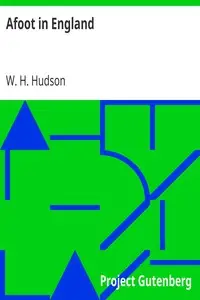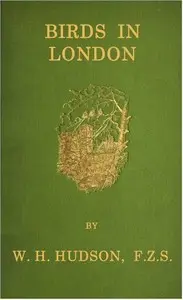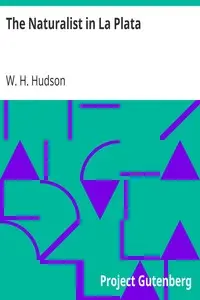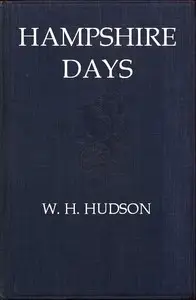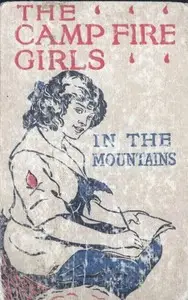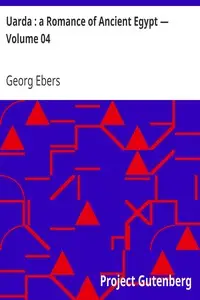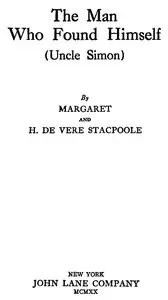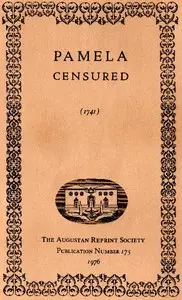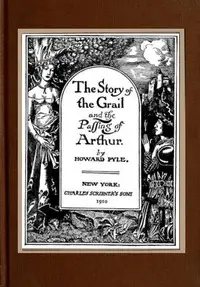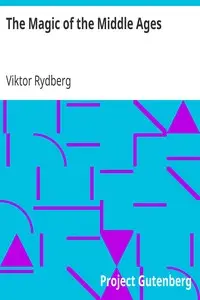"Dead Man's Plack and an Old Thorn" by W. H. Hudson is a narrative work written in the early 20th century. This text intertwines themes of history and nature, focusing on the events surrounding King Edgar and his friend Athelwold, set against the backdrop of the English countryside and its rich folklore. The book explores complex characters navigating their emotions, loyalties, and the consequences of their desires. The opening of "Dead Man's Plack and an Old Thorn" introduces a reflective protagonist who recounts his fascination with the insect life in Harewood Forest, while also being haunted by the historical tragedy involving King Edgar and Earl Athelwold. As the protagonist shares the story of King Edgar, he contrasts personal observations of nature with historical events, delving into themes of memory, tradition, and human folly. The narrative begins to unfold the relationship between King Edgar and the Earl as Edgar's desire for a beautiful woman complicates their friendship, foreshadowing tension and conflict that intertwine personal and political stakes. This blend of personal narrative and historical retelling sets the stage for a deeper exploration of characters and their motivations. (This is an automatically generated summary.)
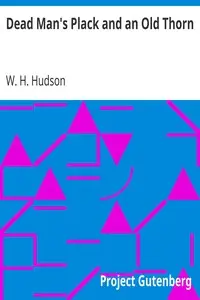
Dead Man's Plack and an Old Thorn
By W. H. (William Henry) Hudson
"Dead Man's Plack and an Old Thorn" by W. H. Hudson is a narrative work written in the early 20th century. This text intertwines themes of history and...
William Henry Hudson, known in Argentina as Guillermo Enrique Hudson, was an Anglo-Argentine author, naturalist and ornithologist. Born in the Argentinian pampas where he roamed free in his youth, he observed bird life and collected specimens for the Smithsonian Institution. The Patagonian birds Knipolegus hudsoni and Asthenes hudsoni are named after him. He would later write about life in Patagonia that drew special admiration for his style. His most popular work Green Mansions (1904), a romance set in the Venezuelan forest inspired a Hollywood movie and several other works.

